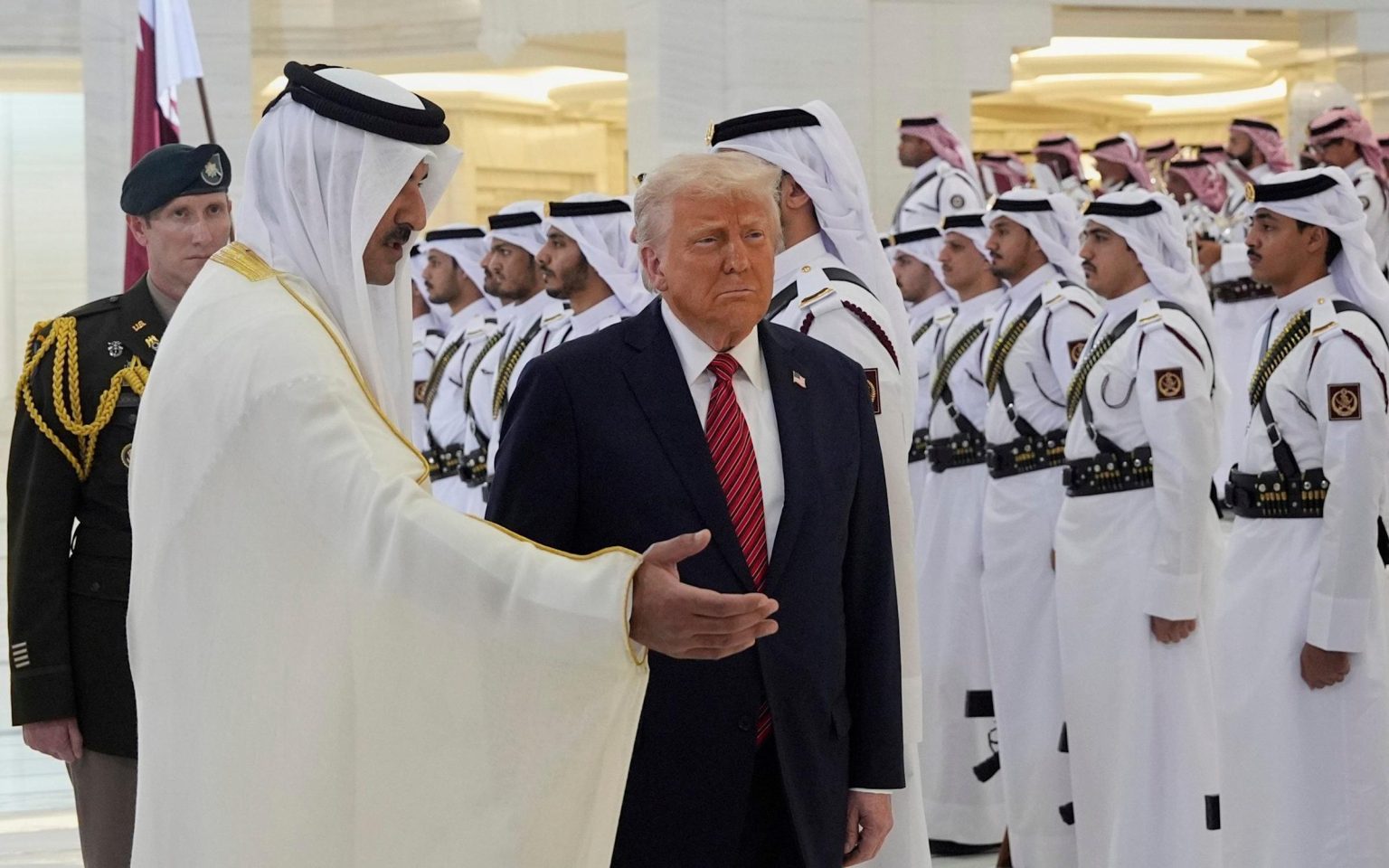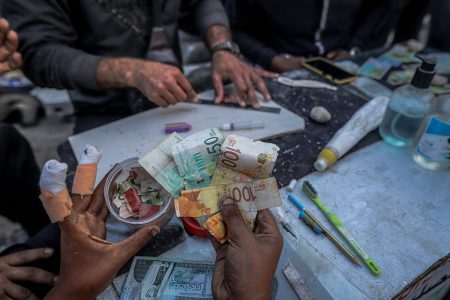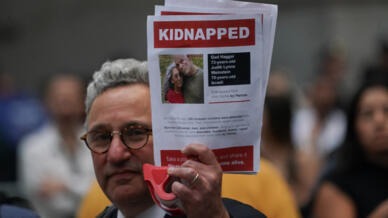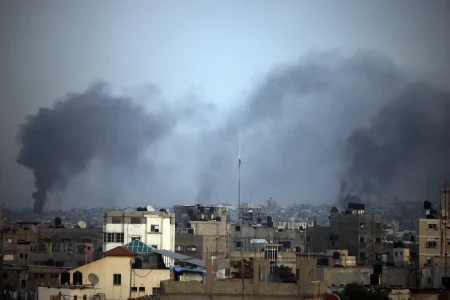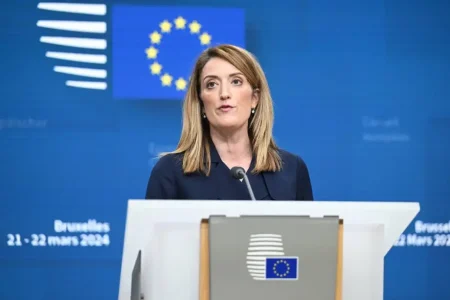U.S. President Donald Trump met with Qatar’s Emir Tamim bin Hamad al-Thani in Doha, where the Emir presented Trump with a $400 million luxury jet. The visit marked a significant boost in relations between the two countries, accompanied by the announcement of multi-billion-dollar trade and military deals.
The leaders described the meeting as a step toward stronger cooperation. Trump praised the Emir and emphasized mutual support, highlighting a change in U.S. policy from earlier accusations that Qatar supported terrorism.
During the visit, Qatar Airways agreed to buy 160 new airplanes, and the Qatari government committed to purchasing $2 billion in armed drones and military equipment from the United States. The White House stated that over a trillion dollars in deals were made during the visit.
The $400 million Boeing 747-8 jet gift sparked controversy in the U.S. Some officials and supporters warned against accepting such an expensive present from Qatar, citing past concerns about the country’s links to extremist groups.
Qatar, with a relatively small population, has often been overshadowed by its Gulf neighbors Saudi Arabia and the UAE. The U.S. had previously been wary of Qatar’s relationships with Iran and militant organizations but is now using Qatar’s connections to the Taliban and Hamas to support peace talks.
During his Gulf tour, Trump also met Syria’s new president, a former Al Qaeda commander, promising to lift sanctions and praising his potential to stabilize the country. Trump also urged Iran to stop its nuclear weapons program and end support for proxy conflicts in the region.
The visit included a show of military strength. Air Force One flew into Doha escorted by F-15 fighter jets. Trump’s motorcade featured Tesla Cybertrucks painted in Qatar’s security colors. Elon Musk attended the state dinner, symbolizing U.S.-Gulf technological and investment ties.
Trump planned to visit American troops at the Al Udeid Air Base before continuing his tour to the United Arab Emirates. The visit highlights Qatar’s growing influence in U.S. foreign policy and signals a shift toward deeper cooperation despite ongoing controversies.





